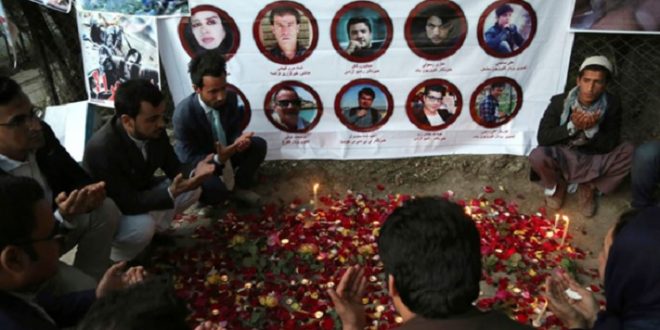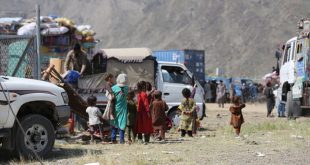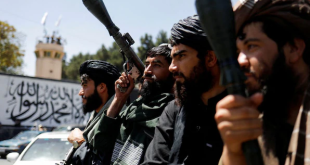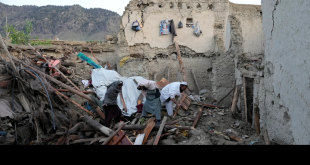AT News Report
KABUL: In the wake of International Day to End Impunity for Crimes against Journalists, the United Nations and the Afghan Journalist Safety Committee (AJSC) convened a Media Summit in Kabul to spotlight the impact of worsening violence against reporters in Afghanistan.
Some one hundred journalists, along with government officials and members of the international community, participated in the event.
“Speaking truth to power, of any type, is a fundamental function in democratic societies, and exercising freedom of expression rights in a country at conflict entails enormous risk,” said UNAMA’s Human Rights Chief, Fiona Frazer, in opening remarks. “Journalists, along with civil society actors and human rights defenders, are unequivocally classified as civilians in the context of armed conflict and must be protected as civilians.”
Media freedom and freedom of expression are recognized human rights. Article 19 of the International Covenant on Civil and Political Rights protects freedom to seek, receive and impart information and ideas, orally or in written form, or through any media.
“Media reporting provides early warning and allows societies to make informed choices; your work is criticial because information is critical,” stressed Frazer. “Media plays a major role in protecting and promoting human rights.”
A new study from the UN Educational, Scientific and Cultural Organization (UNESCO) underscores the risks that journalists face globally, showing that almost 90 percent of those found responsible for the deaths of more than 1,100 of them, between 2006 and 2018, have not been convicted.
The report, Intensified Attacks, New Defences, notes that killings of journalists have risen by some 18 per cent in the past five years compared to the previous five-year period. Journalists are often murdered for their reporting on politics, crime and corruption, and this is reflected in the study.
In his statement for the day, UN Secretary-General António Guterres noted the rise in the scale and number of attacks on journalists and media workers, as well as incidents that make their work much harder, including threats of prosecution, arrest, imprisonment, denial of journalistic access and failures to investigate and prosecute crimes against them.
“When journalists are targeted, societies as a whole pay a price,” said Guterres. “Without journalists able to do their jobs in safety, we face the prospect of a world of confusion and disinformation.”
This year, UNESCO launched the Keep Truth Alive social media campaign, which draws attention to the dangers faced by journalists close to their homes, highlighting the fact that 93 percent of those killed work locally, and featuring an interactive map that provides a vivid demonstration of the scale and breadth of the dangers faced by journalists worldwide.
Also speaking in opening remarks at the daylong summit were Sidiqullah Tawhidi, AJSC’s Advocacy Manager; Patricia McPhillips, UNESCO’s Country Director; and Fazil Sancharaki, Deputy Minister of Information and Culture. The summit included roundtable discussions along with simultaneous UN-backed activities in Herat, Balkh, Nangarhar, Kandahar, Kunduz, Ghazni and Khost.
The United Nations General Assembly proclaimed 2 November as the International Day to End Impunity for Crimes against Journalists in General Assembly Resolution A/RES/68/163. The resolution urged member states to implement measures countering the present culture of impunity. The date was chosen in commemoration of the assassination of two French journalists in Mali on 2 November 2013.
International media watchdogs have listed Afghanistan as one of the most dangerous countries in the world to be a journalist. The situation remains dire especially for female reporters and journalists working in remote regions of the country.
 Afghanistan Times
Afghanistan Times




